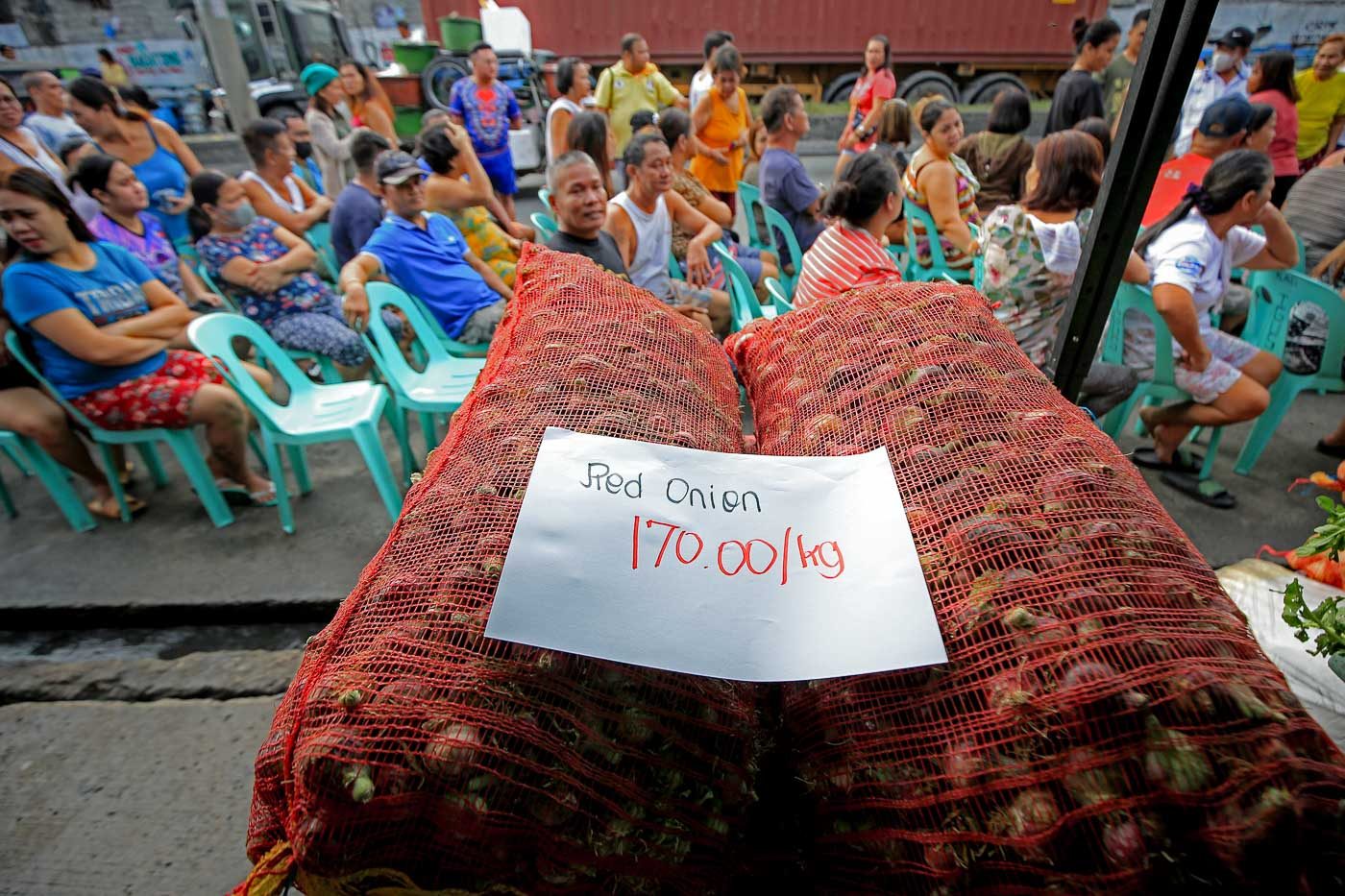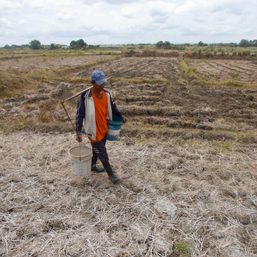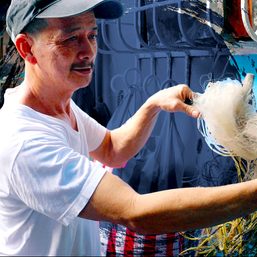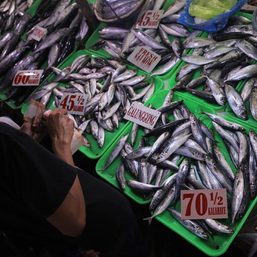SUMMARY
This is AI generated summarization, which may have errors. For context, always refer to the full article.

MANILA, Philippines – The Federation of Free Farmers Cooperatives Incorporated (FFFCI) has urged the government to look beyond setting a suggested retail price (SRP) to address skyrocketing red onion prices.
“Setting an SRP will not solve the problem. Traders will not follow it, and the DA will not be able to enforce it,” Raul Montemayor, national manager of the FFFCI, told Rappler on Friday, December 30.
The Department of Agriculture (DA) recently raised the SRP of red onions from P170 per kilogram to P250 – a 47% jump in price.
However, even with this big price hike, red onions continue to sell for much higher in the markets. Price monitoring by the DA on Thursday showed that the price per kilogram of red onions ranged from P540 to P700.
Meanwhile, the market price of red onions when the DA implemented their previous SRP on October 7 ranged from P185 to P240. This suggests that the market price of the most expensive red onions has risen by 192% from October 7 to December 29.
Who’s behind this upsurge in price? According to Montemayor, it’s not the farmers.
“By focusing on the SRP, they make it appear that high onion prices are due to high prices being demanded by farmers,” he said. “In fact, almost all the onions being sold now at P600+ were bought from farmers last February-August for less than P100 per kilo, some as low as P20 per kilo.”
Instead, Montemayor said that supplies thinned out recently due to typhoon-related agricultural damage and the DA’s refusal to import stocks. With the tight supply, traders were now selling red onions at higher prices, which they had bought earlier in the year when stocks costed less.
“Many were placed in cold storage by traders who are now taking advantage of the tight supply brought about by a series of typhoons which damaged crops, and the failure of the DA to monitor stocks and allow some imports to augment supplies in September or October,” Montemayor explained.
Will imports help?
The DA has previously stated that it will not import red onions for the remainder of the year. Although DA Senior Undersecretary Domingo Panganiban acknowledged that the supply of red onions was lacking, he said that the DA would not turn to importation as they expect farmers to begin the harvest season in January and February.
But Montemayor observed that the decision not to import may have benefitted traders more than farmers.
“DA was saying that they stopped imports to protect farmers despite knowing that it was off-season and most of the stocks were already in the hands of traders. So, it was the traders who benefitted and took advantage of the import bans, not the farmers. Whether this was deliberate or not, we do not know,” he said.
Montemayor added: “If there is supply, it is very tight. Unless they fix the marketing system, imports will again be cornered by the very same traders who are controlling supply and manipulating prices.”
Instead, Montemayor said the DA should focus on increasing local production while also curbing profiteering and price manipulation in the market.
To address the soaring prices, President Ferdinand Marcos Jr., who concurrently serves as the agriculture secretary, has also suggested selling smuggled onions in the market.
“We’re trying to find ways to bring the smuggled onions that have been caught na ilagay na sa (to the) market para mabawasan ang (to alleviate the) supply problem,” Marcos said in an interview with Press Undersecretary Cheloy Garafil on Thursday.
Over the past weeks, the Bureau of Customs has seized P171 million worth of smuggled agricultural products from China, which include fresh white and red onions. (READ: Customs seizes P171 million in agri products, including onions, smuggled from China)
Meanwhile, the government has also begun selling red onions in Kadiwa stores at a low price of P170, far below the recently set SRP. – Rappler.com
Add a comment
How does this make you feel?
![[ANALYSIS] Is P500 the new P100?](https://www.rappler.com/tachyon/2022/12/tl-500-new-100.jpg?fit=449%2C449)





There are no comments yet. Add your comment to start the conversation.